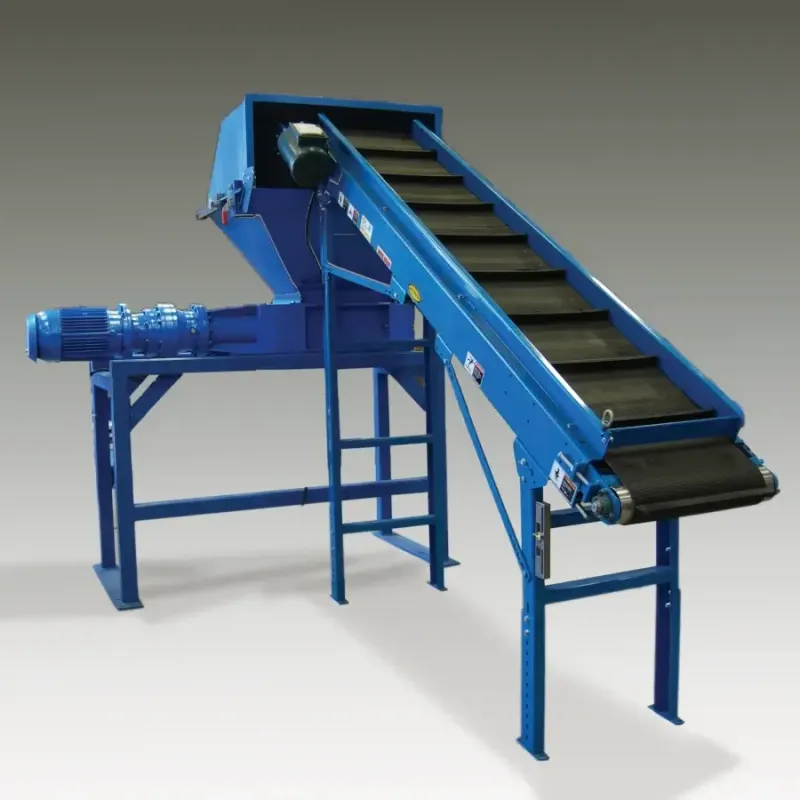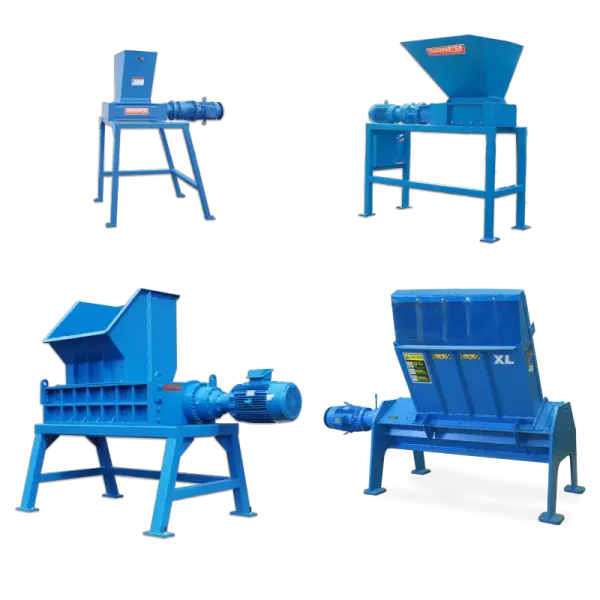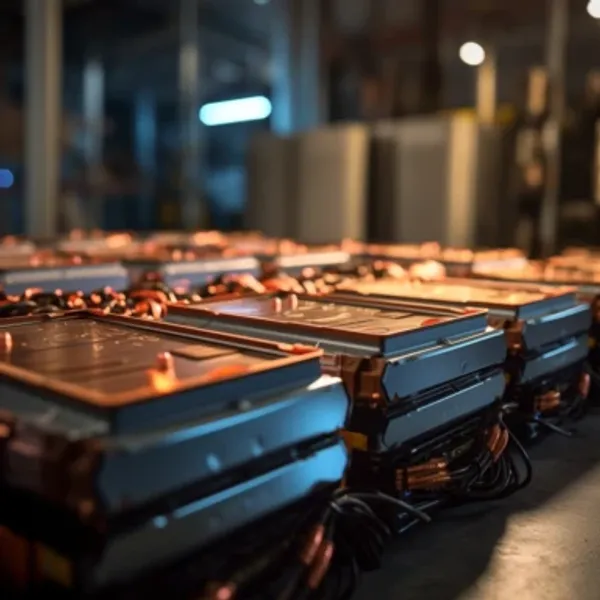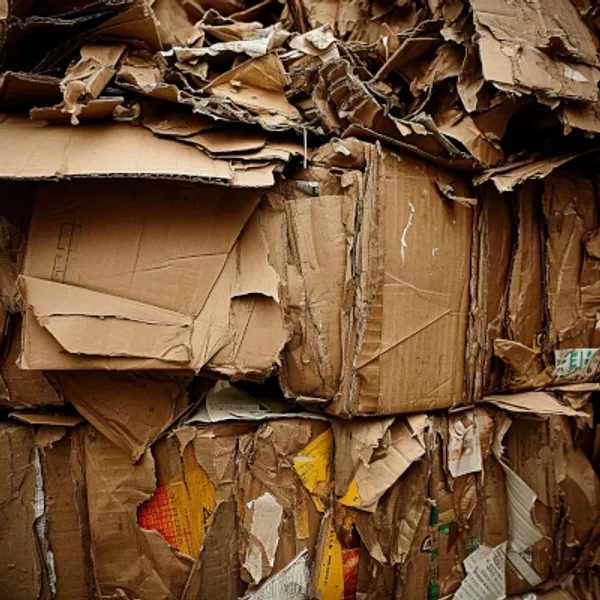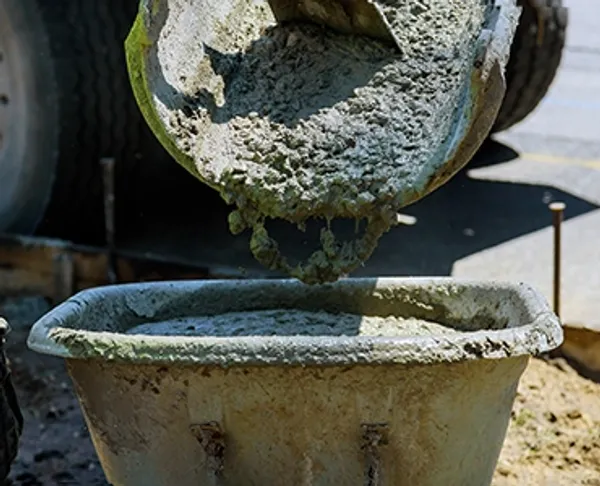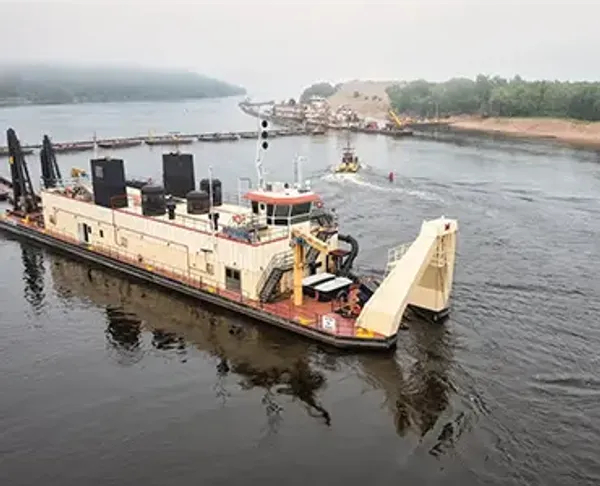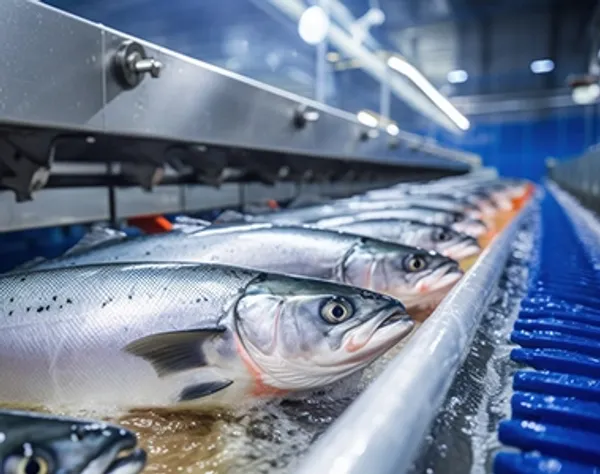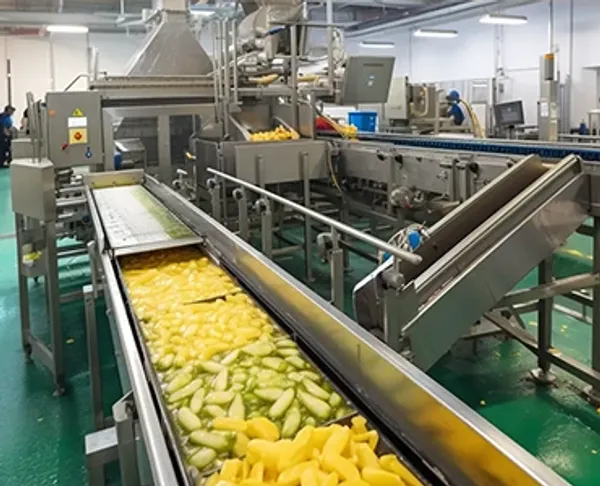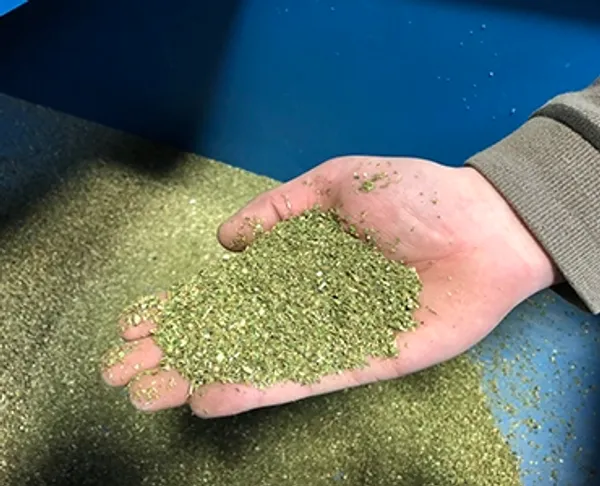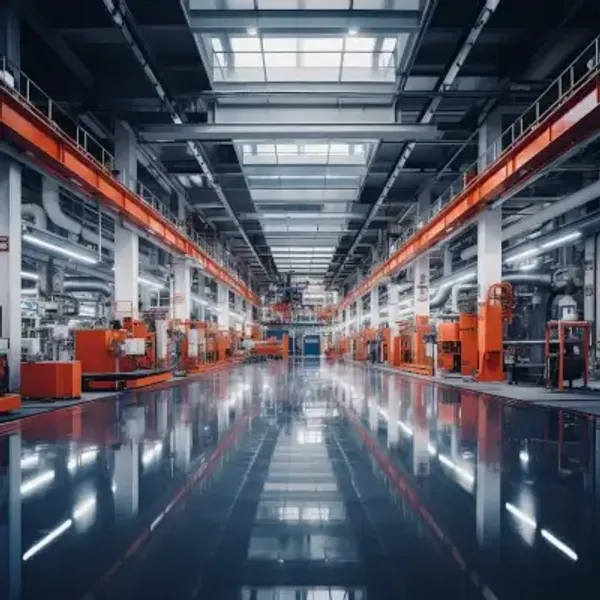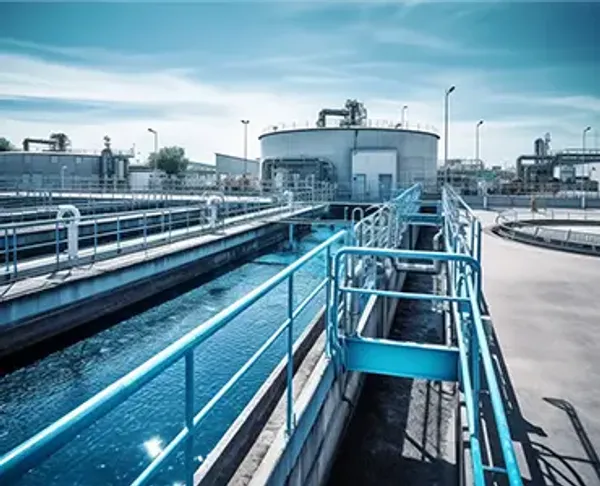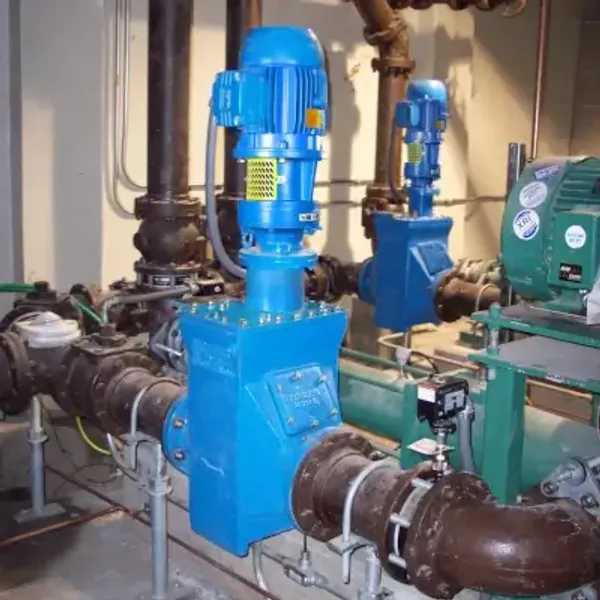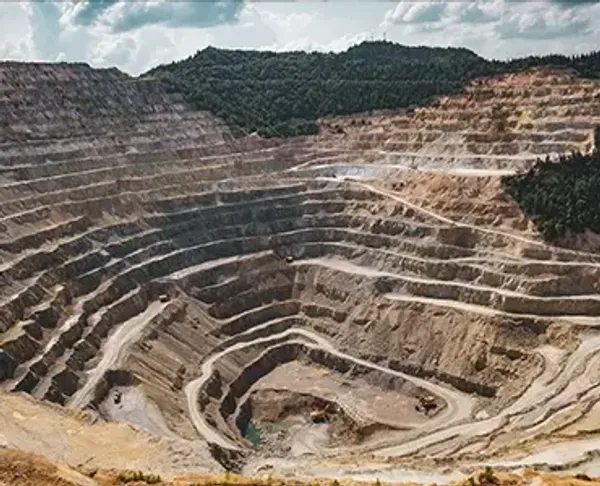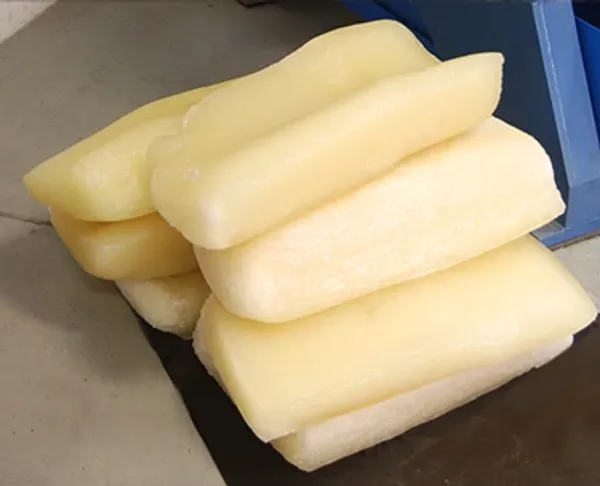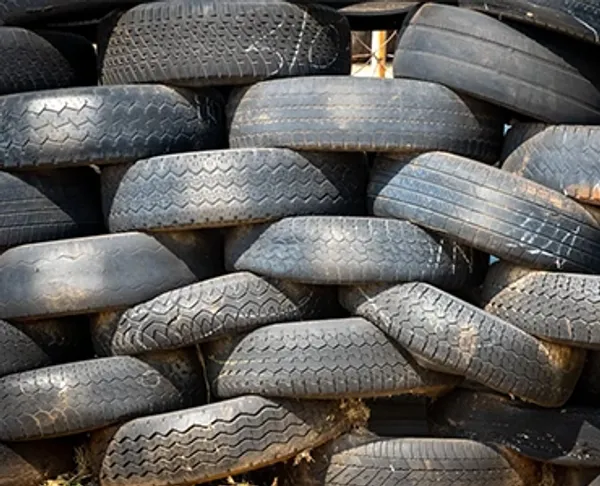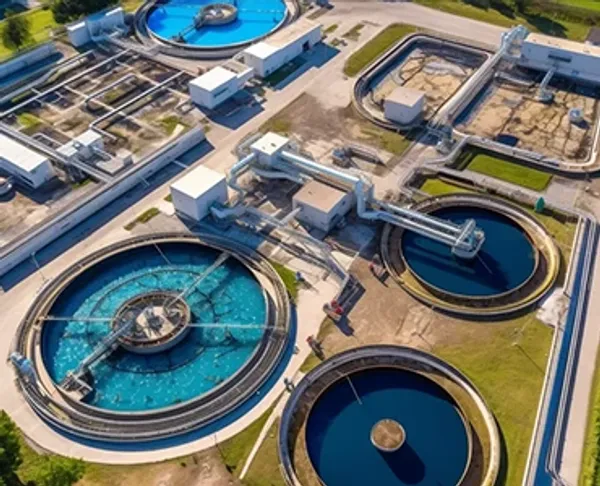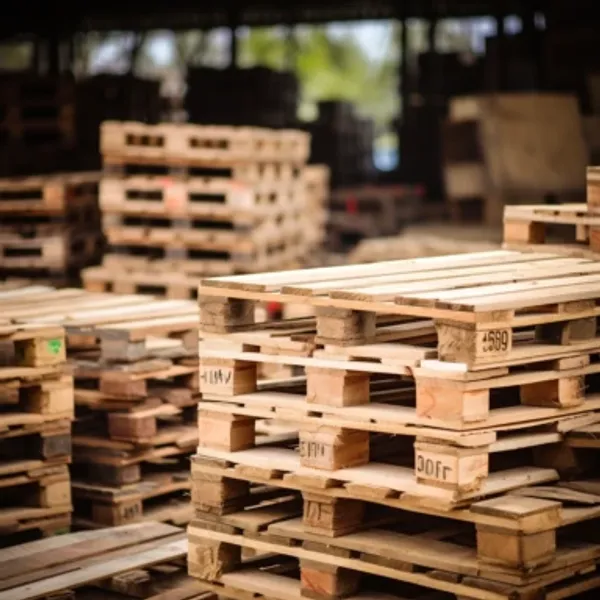Interested in Learning More About our Recycling Shredding Equipment?
Recycling Shredders
Franklin Miller (FMI) offers a complete line of industrial shredding equipment that handles any waste reduction needs. Our TASKMASTER® industrial solid waste shredders play a major role at recycling facilities and recycling industries around the world. They help these facilities effectively process heavy loads of material for reuse and come with a trouble free guarantee.
6
Products
Since 1918
Established
Made in USA
Manufacturing
Livingston, NJ
Headquarters
Recycling Products
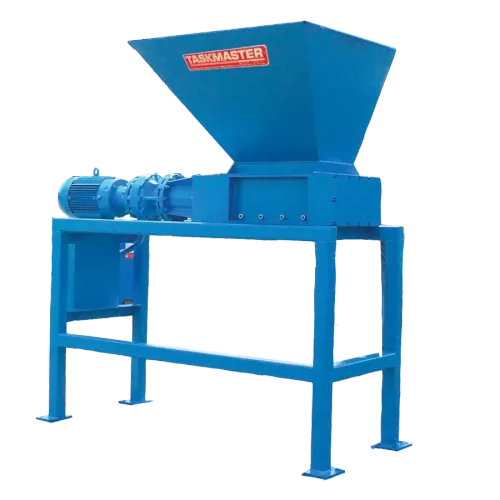
TASKMASTER® TM1600 Shredder
Interested In Learning More About Our Taskmaster® TM1600 Shredder?
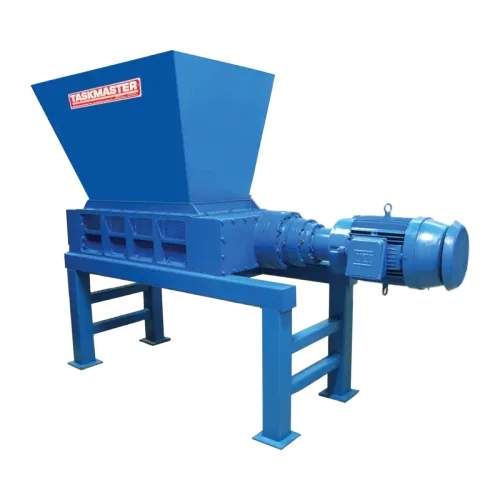
TASKMASTER® TM2300
Interested In Learning More About Our Taskmaster® TM2300?
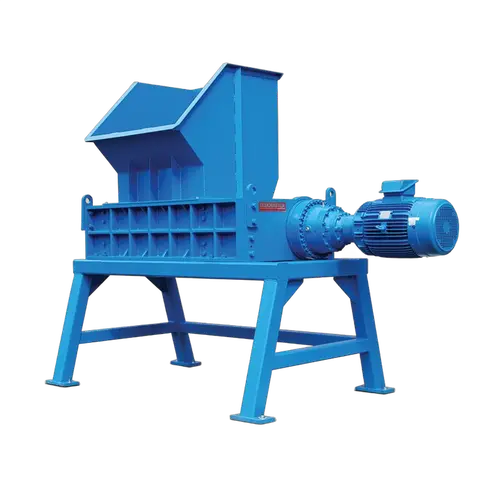
TASKMASTER® TM3000
Interested In Learning More About Our Taskmaster® TM3000 Shredder?
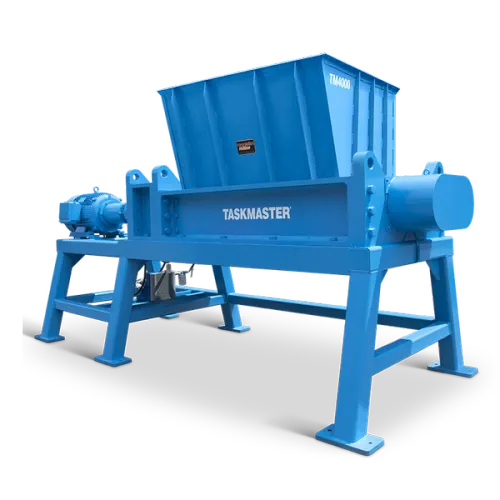
TASKMASTER® TM4000
Interested In Learning More About Our TASKMASTER® TM4000?
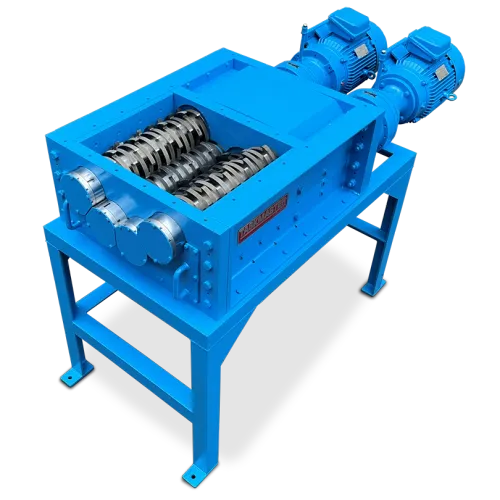
TASKMASTER® QS2400
Interested In Learning More About our Taskmaster QS2400?
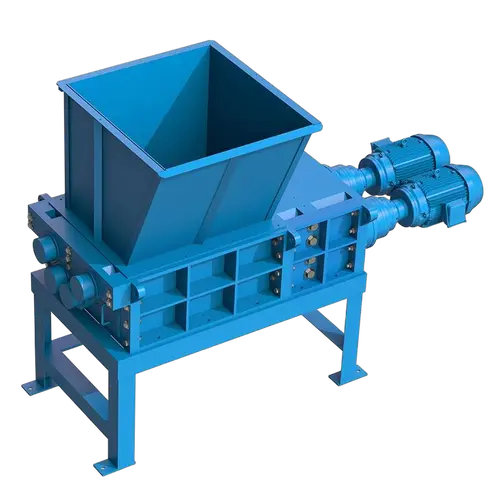
TASKMASTER® QS3200
Interested In Learning More About our TASKMASTER® QS3200?
Configurations
Our TASKMASTER industrial strength shredders are available in a wide array of configurations and features. All our shredders have earned the reputation for efficiency, durability, and reliability and come with the support of Franklin Miller service and inventory – providing many years of hassle-free operation.
Application
- Tires
- Electronics
- Clothing
- Plastics
- Food Waste
- Scrap metal and more
Innovation
Franklin Miller's TASKMASTER industrial shredders not only excel in handling solid waste but are also key contributors in the circular economy. By facilitating the breakdown of recyclable materials to their most basic forms, our shredders enhance the efficiency of recycling processes. This leads to a higher quality of recyclable output, making it easier for these materials to re-enter the production cycle. Moreover, our shredders are designed to handle various types of waste, including complex materials that may contain a mix of organic and inorganic substances. This adaptability makes them indispensable assets for modern recycling facilities, ultimately driving the long-term sustainability goals of reducing waste and conserving resources. With Franklin Miller's commitment to innovation and customer satisfaction, you can trust our shredding technology to meet the ever-changing demands of waste management and recycling.
The Benefits of Recycling
At least half of current waste is industrial and commercial. Sources range from construction and manufacturing, restaurants, office buildings, mines and schools. While they produce a very diverse stream of waste, much of it can be recycled. Industrial and commercial recycling reduces emissions when new products are made from recovered materials, rather than finite resources. The additional waste from households and single use is also a major portion of recyclable waste processed at recycling centers today.
Benefits of Recycling
Recycling preserves the earth’s natural resources in many ways. Decreasing the demand for new materials helps decrease and preserve the strain on our resources. Recycling also conserves energy by reducing greenhouse gas emissions and decreasing the demand for products made from manufacturing processes that are very energy intensive. An example of this can be seen with scrap metal recycling, which reduces the energy requirements of manufacturing new tin and steel products by 60-70%. Recycling one ton of steel eliminates the need to mine 2,500 pounds of iron ore and 1,400 pounds of coal. Recycled everyday household materials can also be used in new ways such as recovered glass in asphalt to pave roads or recovered plastic in carpeting and park benches.
Additional benefits of recycling include reducing the amount of waste sent to landfills and incinerators, conservation of natural resources such as timber, water and minerals, increasing economic security by tapping a domestic source of materials, preventing pollution by reducing the need to collect new raw materials, saving energy, and helping to create jobs in the recycling and manufacturing industries in the United States.
Need Help With Your Recycling Application?
Our engineers have decades of experience solving recycling challenges. Tell us about your process and we'll recommend the best fit.
Industries & Applications
Explore Other Industries
Trusted by Industry Leaders Worldwide








Engineering Excellence Since 1918
Let's Find the Right Solution for Recycling
Our team is ready to help you select the right equipment for your recycling application and operating conditions.

